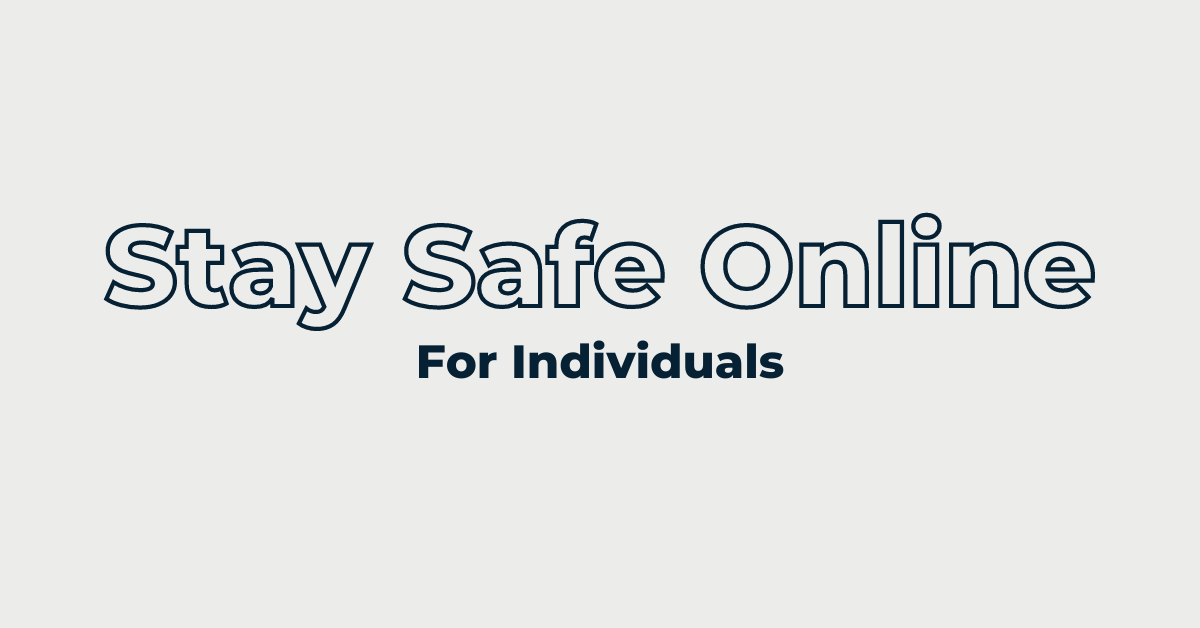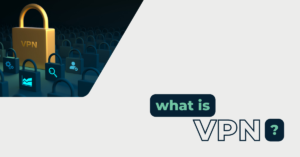

Nowadays it is really easy from scammers and hackers to retrieve important information from unsuspecting individuals. It is important to remember the basics when it comes to cyber security.
Here are a few simple yet valuable tips on how you can stay safe online:





Nowadays it is really easy from scammers and hackers to retrieve important information from unsuspecting individuals. It is important to remember the basics when it